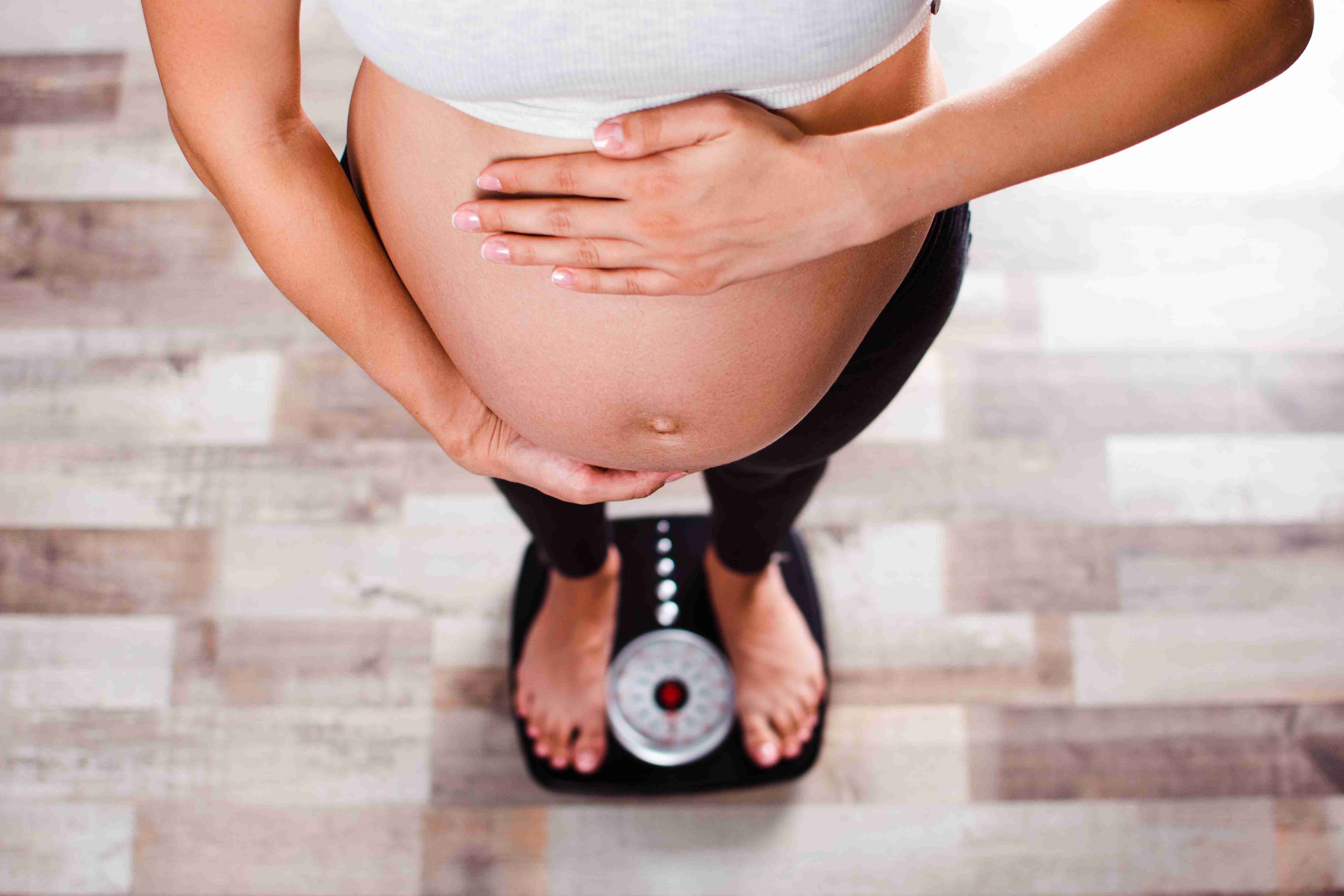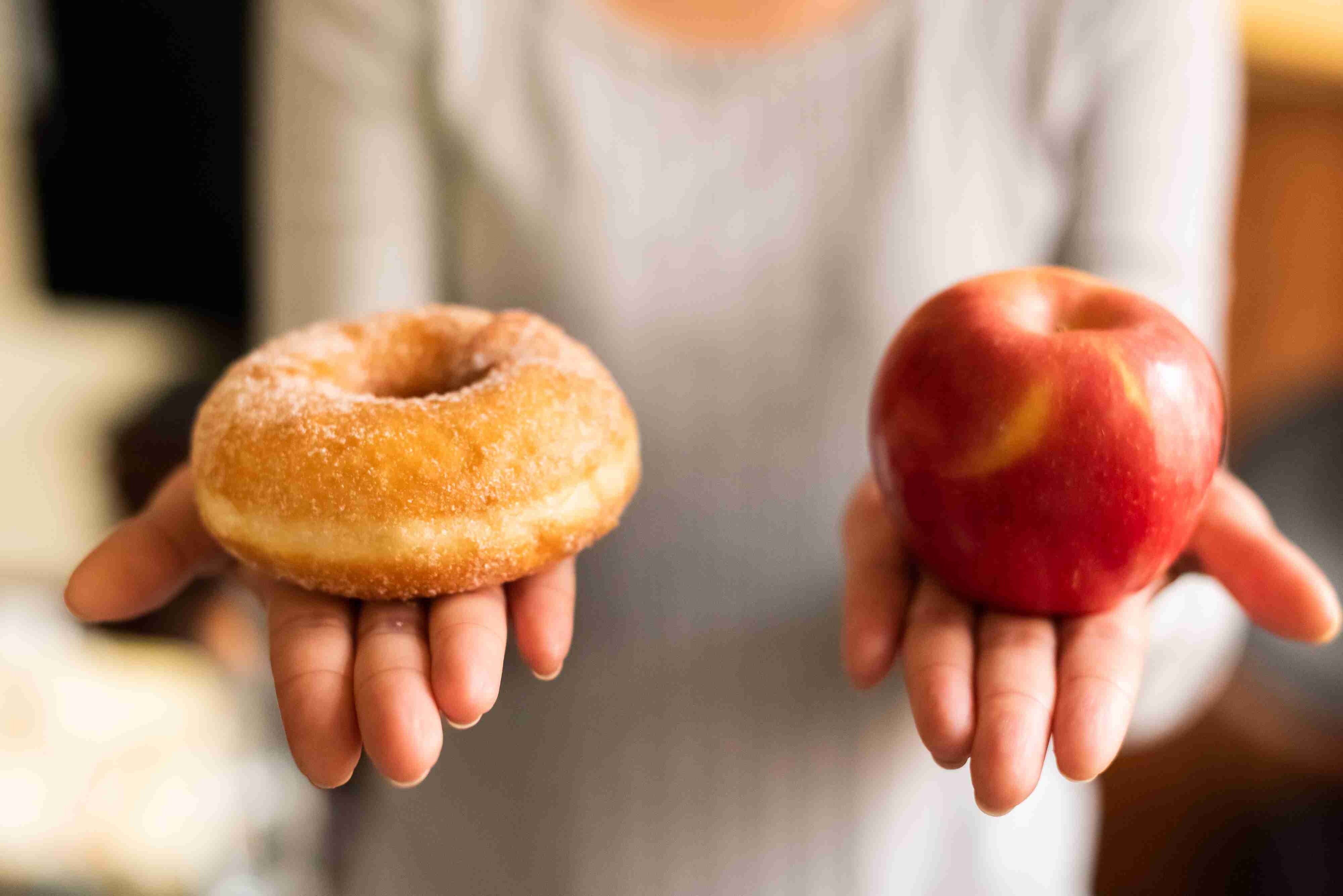
The Truth About Pregnancy Cravings or Paglilihi and How to Handle Them
It's your first trimester of pregnancy. One minute, you're craving avocado; the next, you need something specific like santol and chocolate cookies. Sound familiar? Pregnancy cravings or paglilihi can feel sudden, intense, and totally random. They're one of the most talked-about (and joked-about) pregnancy symptoms.
As funny or strange as some cravings may seem, they're a genuine and shared experience among pregnant women all over the world. So, what causes them? Is your body trying to tell you something? Or is it just hormones doing their thing?
Why You're Having Pregnancy Cravings
Despite being a near-universal experience for women expecting, the exact reasons behind pregnancy cravings remain complex. Researchers have the following speculations, but there's no clear answer on why they happen.
1. Blame brain and hormonal changes.
Your brain goes through a lot during pregnancy—yes, really. This study (in mice but still insightful!) published in Nature Metabolism shows that pregnancy has an influence in reshaping the brain's reward system.
When dopamine levels rose in key parts of the brain, cravings for sweet or high-calorie foods got stronger. The cravings faded when scientists blocked dopamine activity in pregnant mice.
2. Factor in emotions and stress.
Many women describe pregnancy cravings as urgent and thought-consuming, which is different from regular hunger. This study in the Journal of the Academy of Nutrition and Dietetics suggests stress, changing emotions, and the psychological weight of pregnancy can make these cravings even more powerful.
The research adds that giving in to a craving sometimes might be a way of self-soothing or finding comfort in the middle of so much change.
3. Consider possible nutritional needs.
You've probably heard that cravings mean your body is missing something, like having a hankering for steak when you're low on iron. While that can happen, a study in the BMJ Open journal found that most cravings during pregnancy don't really match up with what the body is lacking. For instance, the pregnant women in the study craved sweets and fatty foods, which are low in essential nutrients.
4. Don't forget the role of culture.
Pregnancy food cravings aren't the same around the world. For instance, a Frontiers in Psychology study points out that many women in Japan tend to crave rice. In the U.S., they wish for sweets or chips during pregnancy. In New Zealand, they want non-citrus fruits, like bananas, apples, and melons. Many expecting moms in the Philippines share a craving for "sour things."
5. Take personality and lifestyle into account.
Even your personality can play a part in your paglilihi, according to this study in Scientific Reports. People who act on impulse or lack access to nutritional knowledge find themselves dealing with more acute or more frequent cravings. The study also suggests that things like income and education levels affect the types of food people look for and the intensity of their desire.
Pregnancy Cravings and Your Weight

Go easy on salty food cravings during pregnancy to avoid health risks such as high blood pressure.
If you were already at a healthy weight before getting pregnant, chances are you won't need extra calories in your first trimester. However, the Philippine Dietary Reference Intakes states you'll need about 300 extra calories a day starting from your second trimester.
Once the baby arrives and you start breastfeeding, your body will need even more fuel, around 500 extra calories a day, during the first six months of lactation.
There's nothing wrong with giving in to that yummy chocolate cake or those tasty tacos piled high with gooey cheese occasionally. But you want to eat sweet, salty, and spicy foods during pregnancy in moderation.
Excessive weight gain can lead to the following health issues:
• Pregnancy-associated hypertension
• Gestational diabetes
• Complications during labor and postpartum delivery
• Increased risk of cesarian delivery
• Postpartum weight retention
• Higher chances of breastfeeding challenges
Food Aversions
If you're dealing with food cravings during pregnancy, you might also notice something else: food aversions. These are both common parts of paglilihi. A food aversion is an intense dislike for certain foods, so strong that just the sight or smell can make you gag or feel nauseated. This usually shows up in the first trimester, right around the time morning sickness kicks in.
And the tricky part? You may start hating foods you used to love, like coffee, meat, spicy dishes, or anything with a pungent smell. Food aversions are thought to be linked to hormonal changes and usually fade after you give birth.
On the more extreme end of the spectrum is pica, a rare eating disorder where a person craves and sometimes eats non-food items like clay, charcoal, chalk, toothpaste, or cornstarch. As a result, those with pica may experience gastrointestinal problems or even poisoning. Researchers believe pica may be connected to nutrient deficiencies, especially iron, and could be the body's unusual way of trying to get what it's lacking.
No specific data is available about how common pica is among pregnant Filipinas. But, an analysis published in the International Journal of Women's Health and Reproduction found that pica occurs less frequently in Asian countries compared to the worldwide average. The study also noted that pica is more commonly seen in African countries.
If your food aversions or cravings are getting in the way of healthy eating, talk to your doctor. They can help rule out any underlying nutritional issues and guide you on what to do next.
Mindful Eating During Pregnancy

A healthy pregnancy diet means filling your plate with nutritious foods. Think lean meats for protein, vegetables for fiber, fruits packed with vitamins and antioxidants, plus nuts and beans for iron and other essential nutrients. Add prenatal vitamin supplements to the mix to give your body (and your baby!) a solid foundation throughout your nine-month journey.
But mindful eating isn't always easy when daydreaming about fries and cake. Here are a few ways to stay balanced without feeling restricted.
1. Find alternatives.
These swaps let you satisfy your pregnancy cravings without going off track.
- Home-cooked kamote cue instead of store-bought potato chips
- Raw or roasted carrots (dip in peanut butter!) instead of fries
- Fresh fruit juice instead of soda
- Inihaw na manok instead of fried chicken
- Overnight oats topped with fresh fruits instead of cereals
- Banana or mango shake with yogurt instead of ice cream
2. Curb your pregnancy cravings with the 20-minute rule.
The more you resist eating that specific food you're craving, the more you want it, right? Try to distract yourself by doing something else that's enjoyable for 20 to 30 minutes. Call a friend for a brief chat, or finish where you left off with that baby monthly milestone idea. The longer you delay grabbing another chocolate cookie on the counter, the weaker the urge to eat.
3. Practice out of sight, out of mind
If you know you might binge on your favorite chips again, skip the chips aisle at the grocery store. Knowing that you have all these unhealthy snacks within your reach makes it harder to resist them.
4. Manage stress eating.
Pregnant or not, it can be easy to give in to your cravings when you're stressed or feeling anxious. Find release by writing your thoughts, talking to a friend, or listening to your favorite music.
5. Have back-ups for the extra calories
To avoid snacking on unhealthy foods, stock your pantry with nuts, whole grain breads, dense fruits like avocado and banana, and low-fat yogurt. Drinking 12 glasses of water and other beverages also helps.
Understanding pregnancy cravings may not just be about hormones. As research suggests, it's also about how you experience taste, smell, and even your emotions. It’s a good reminder that your emotional well-being plays a huge role in what and how you eat, especially during such a big change in life.
It's completely okay to give in occasionally when those pregnancy cravings sneak up on you. Enjoying your favorite treats in moderation, keeping a balanced diet, and taking prenatal vitamins are all parts of a healthy pregnancy. Trust your body, give yourself grace, and know you're doing a fantastic job nurturing new life.
Learn more about foods recommended for pregnant women and share your thoughts at ParenTeam's Facebook group!
References
Weight gain during pregnancy. (2024, May 15). Maternal Infant Health. https://www.cdc.gov/maternal-infant-health/pregnancy-weight/index.html
Northwestern Medicine Staff & Northwestern Medicine. (2021, December 15). You want to eat what? Northwestern Medicine. https://www.nm.org/healthbeat/healthy-tips/pregnancy-cravings
editor. (2023, November 25). Pica cravings during pregnancy. American Pregnancy Association. https://americanpregnancy.org/healthy-pregnancy/is-it-safe/unusual-crav…




























